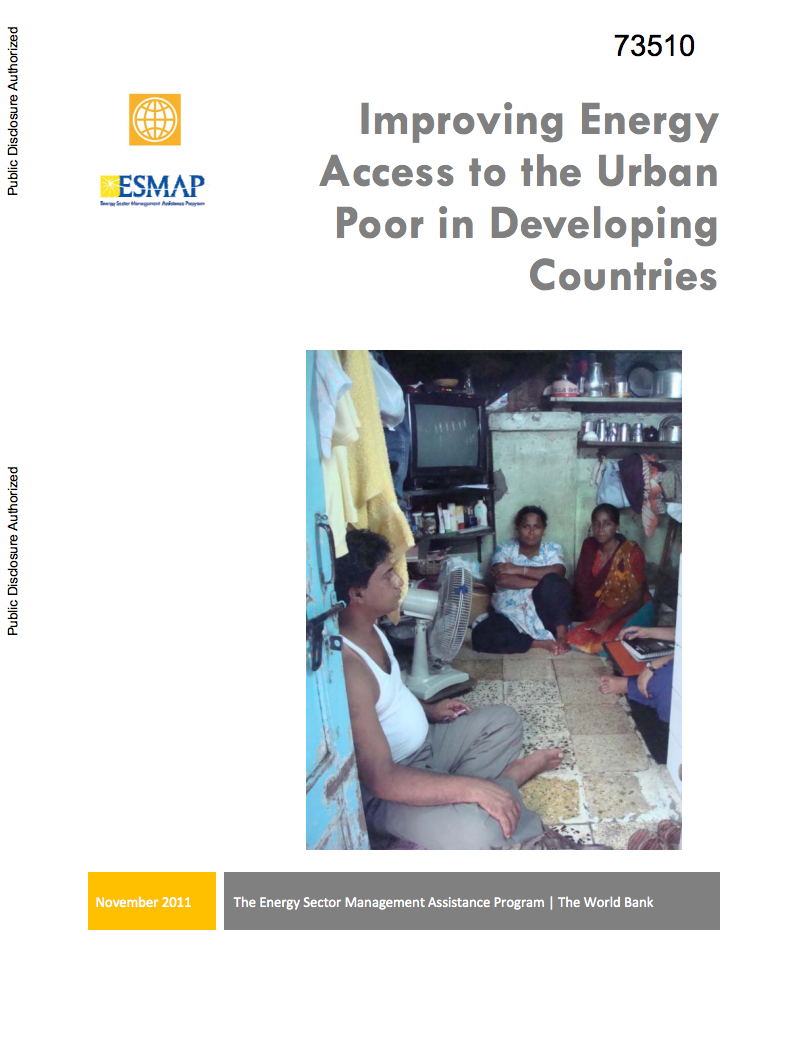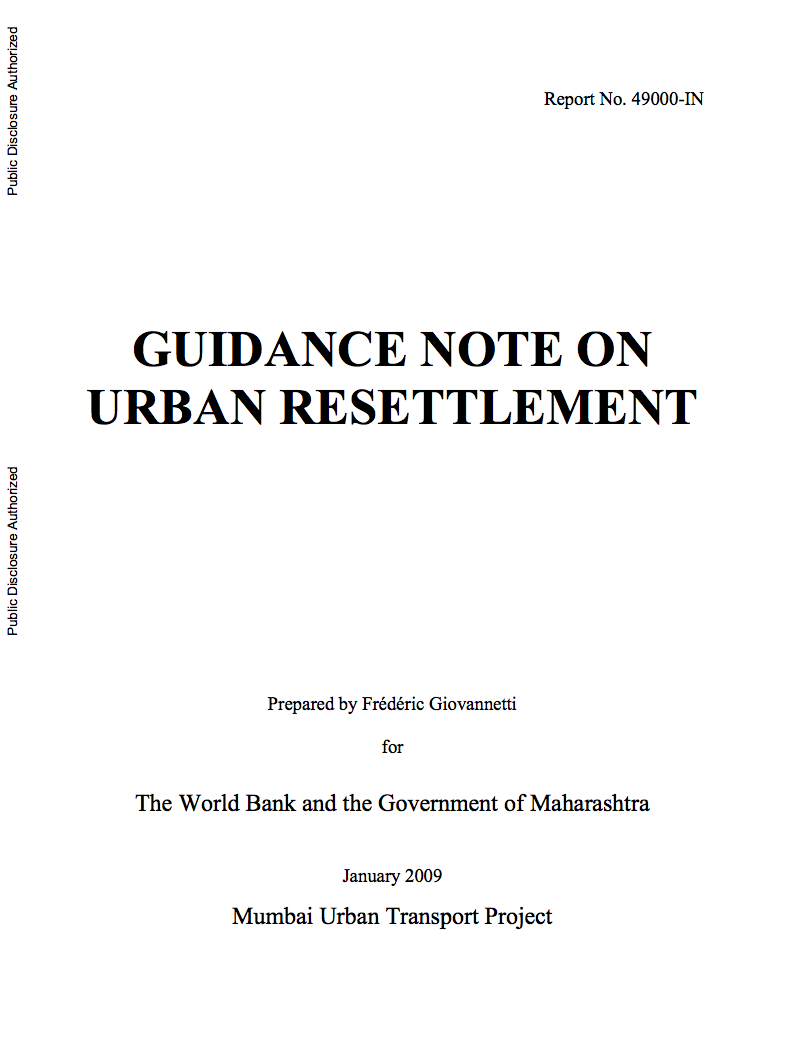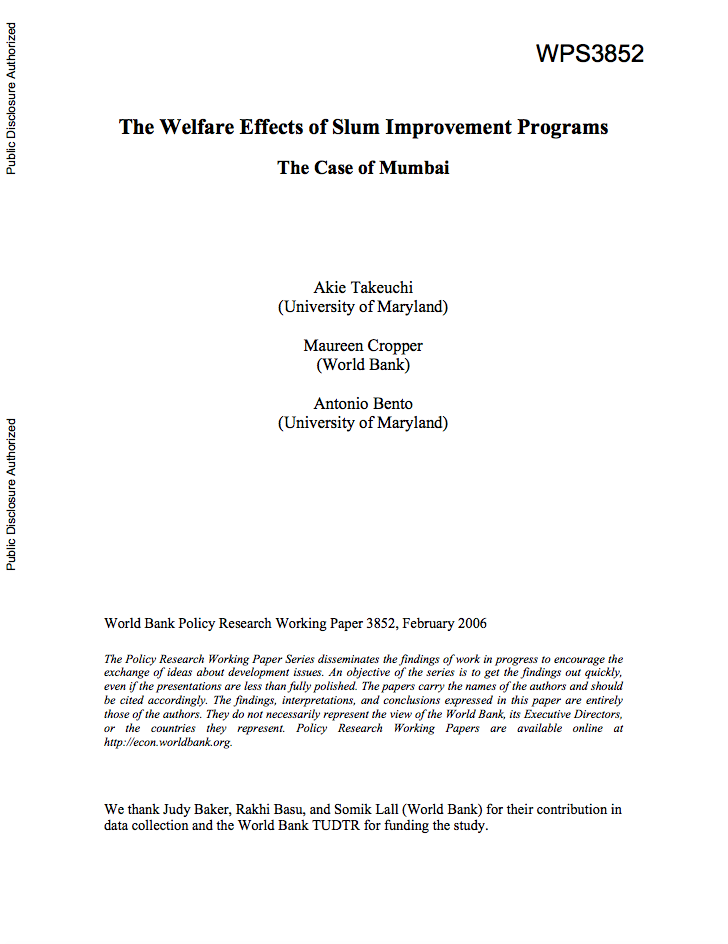Making Spatial Change in Pakistan Cities Growth Enhancing
Cities' development matters to
Pakistan. It is central to economic growth, job creation and
quality of life. This is also one of the core themes in the
2011 Government of Pakistan Framework for Economic Growth
(FEG). This paper explores the conditions for
growth-enhancing spatial change in Pakistan s cities.
Cities' development matters to Pakistan. Two strands of
analysis are developed. First, it reviews the performance




